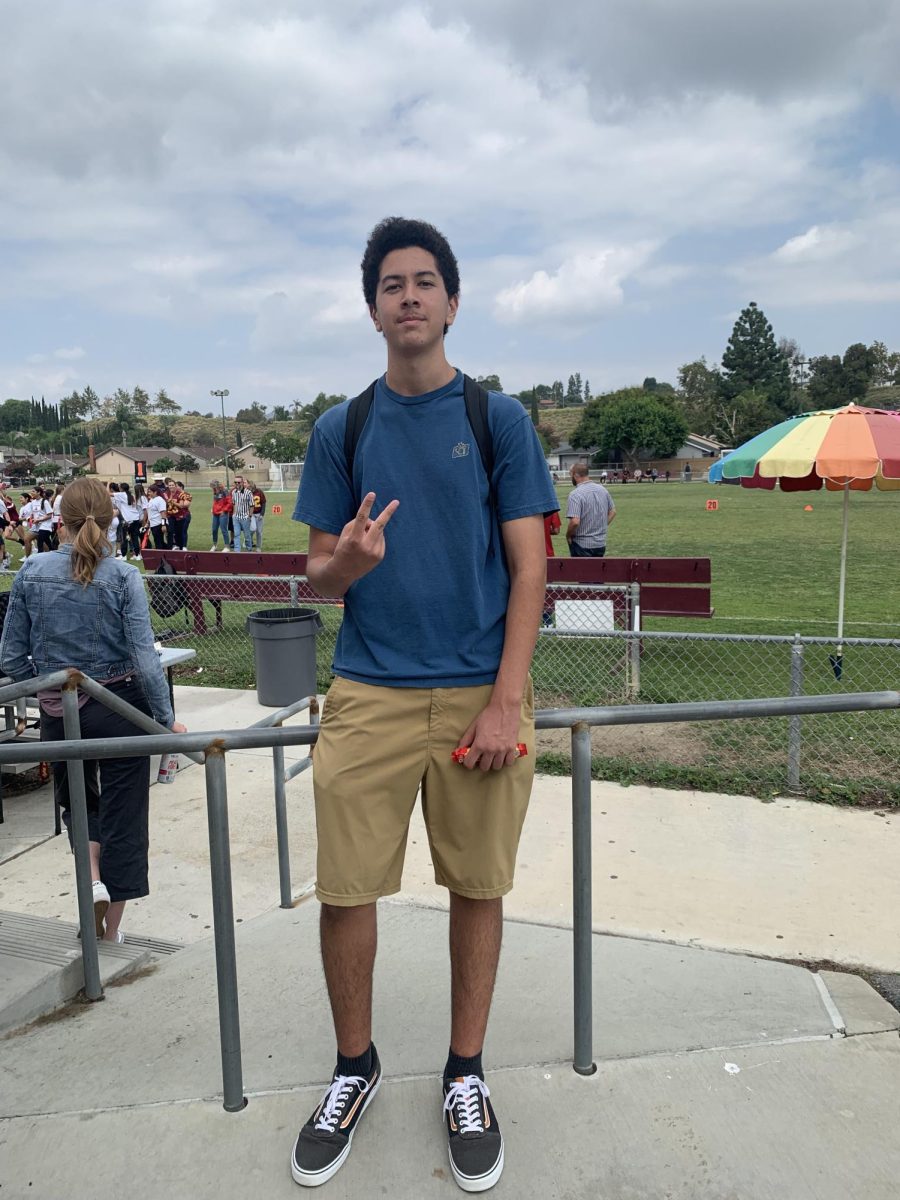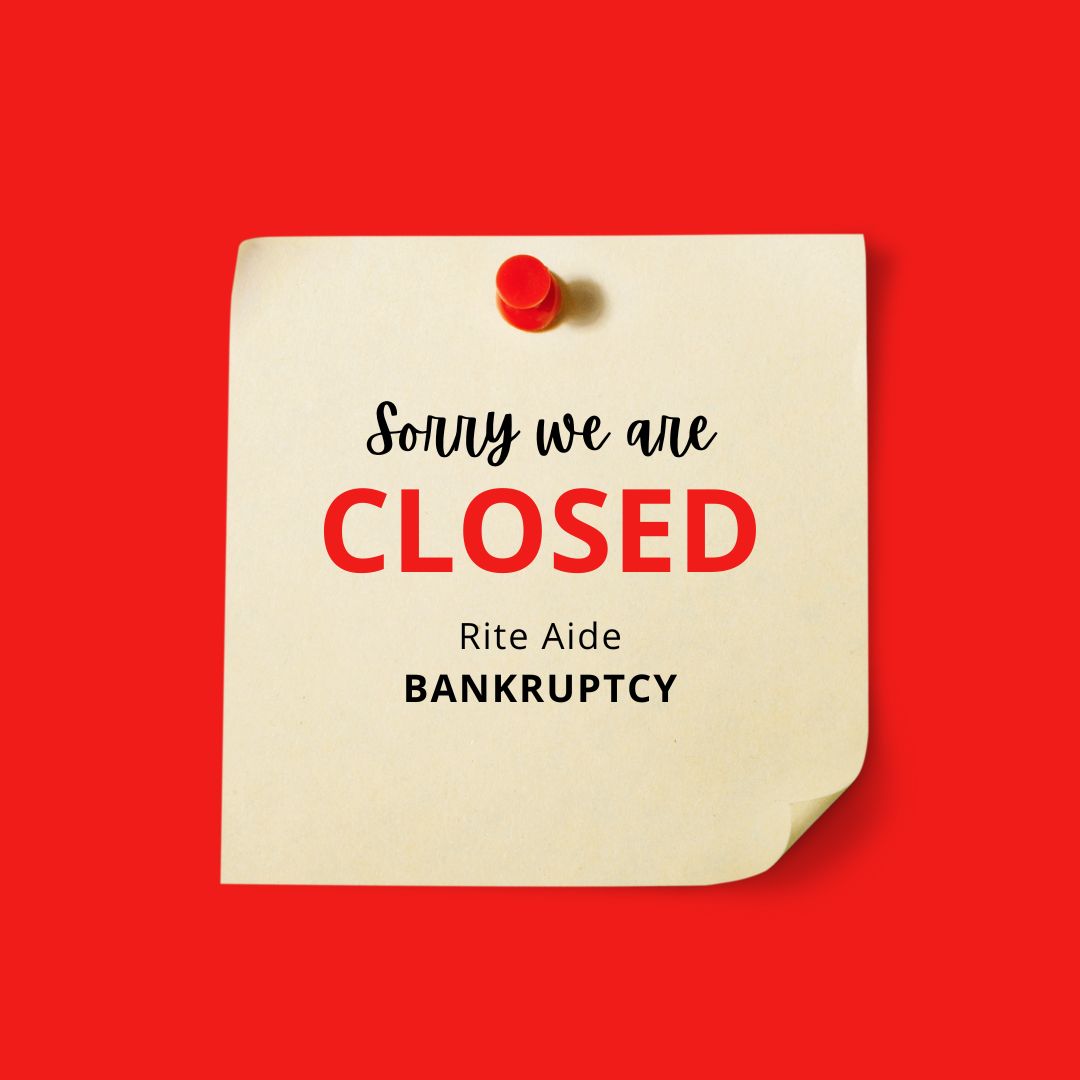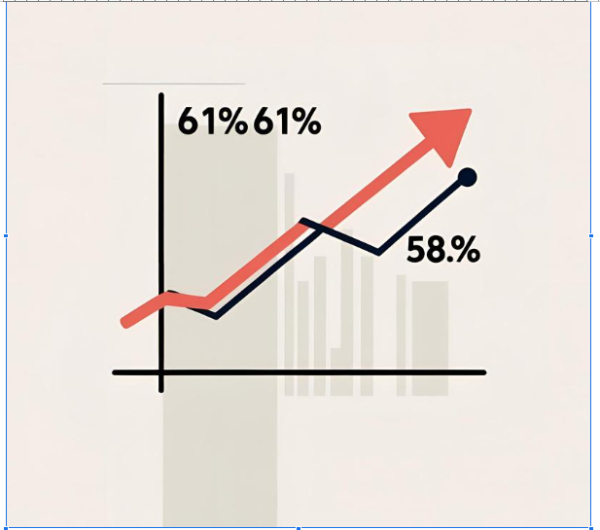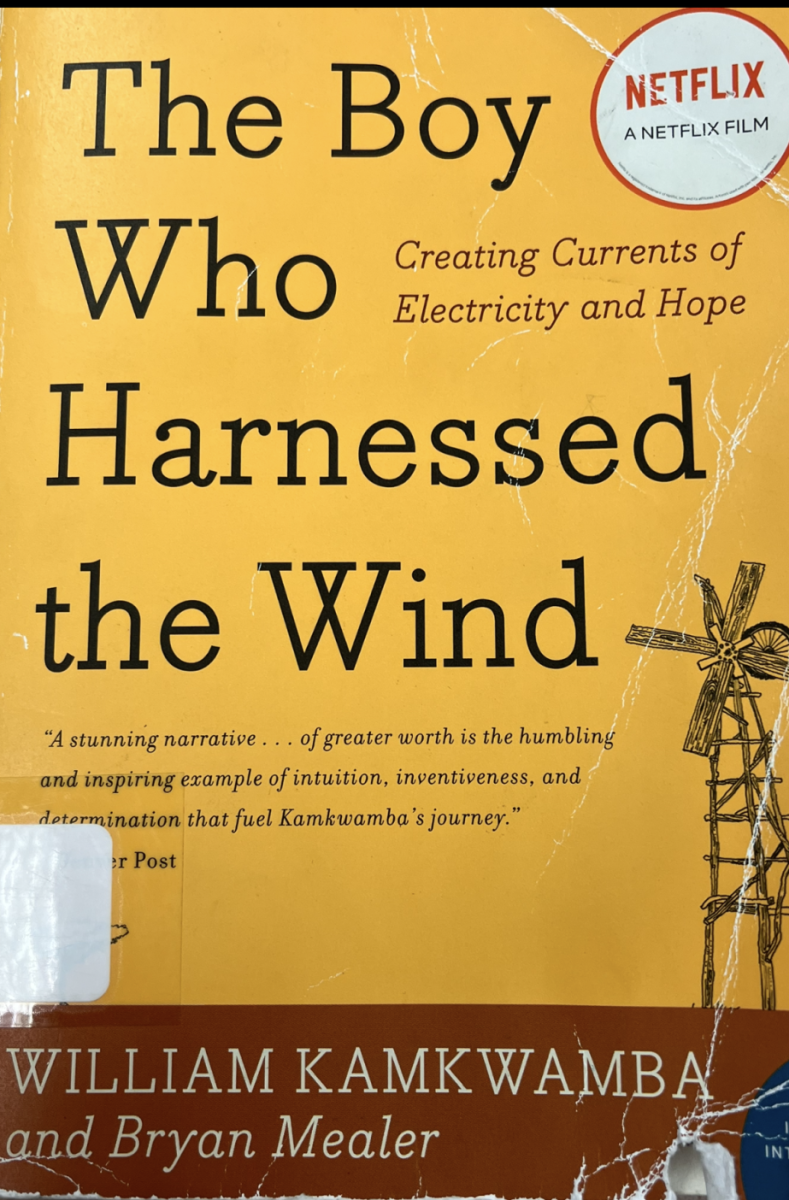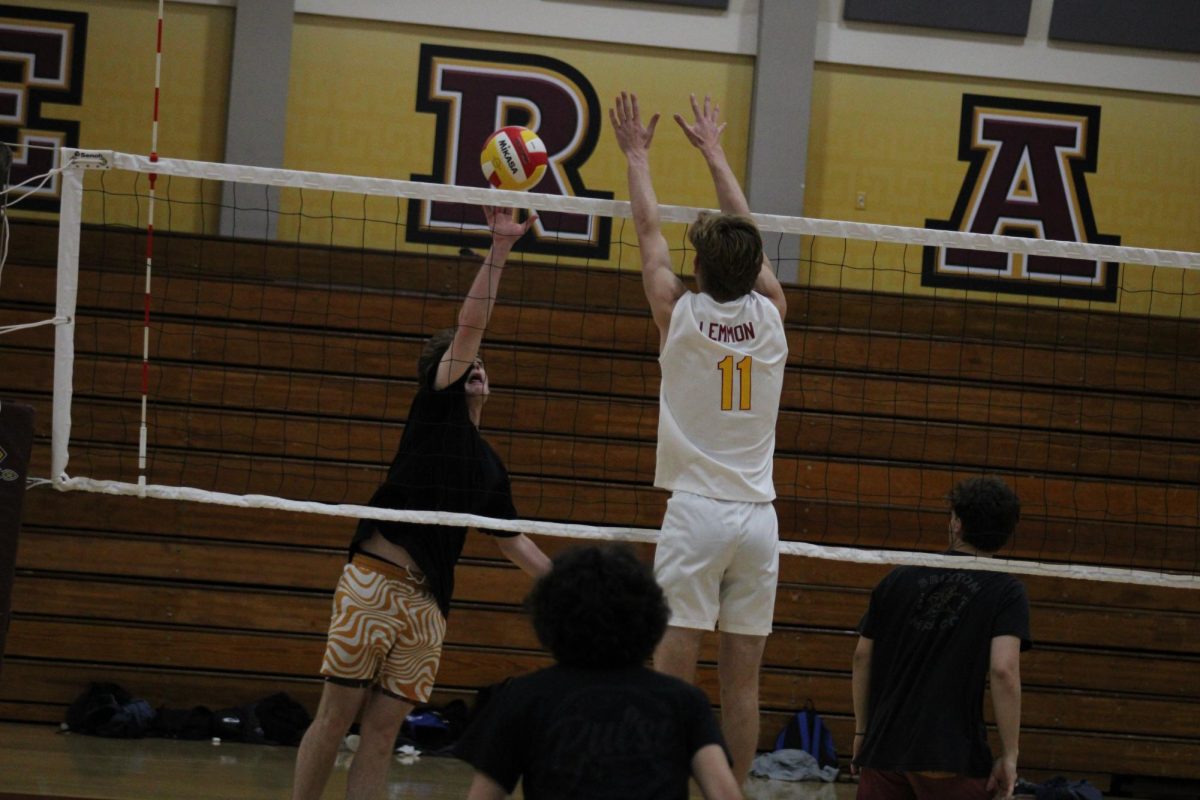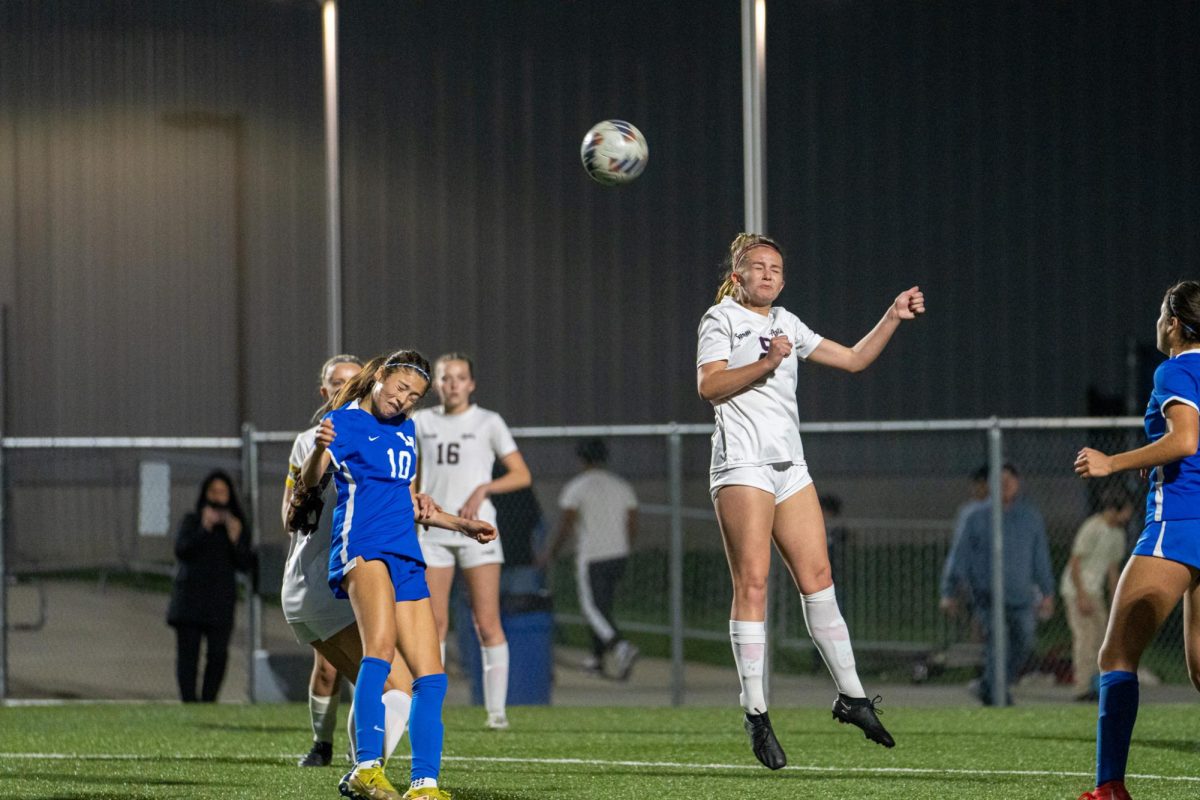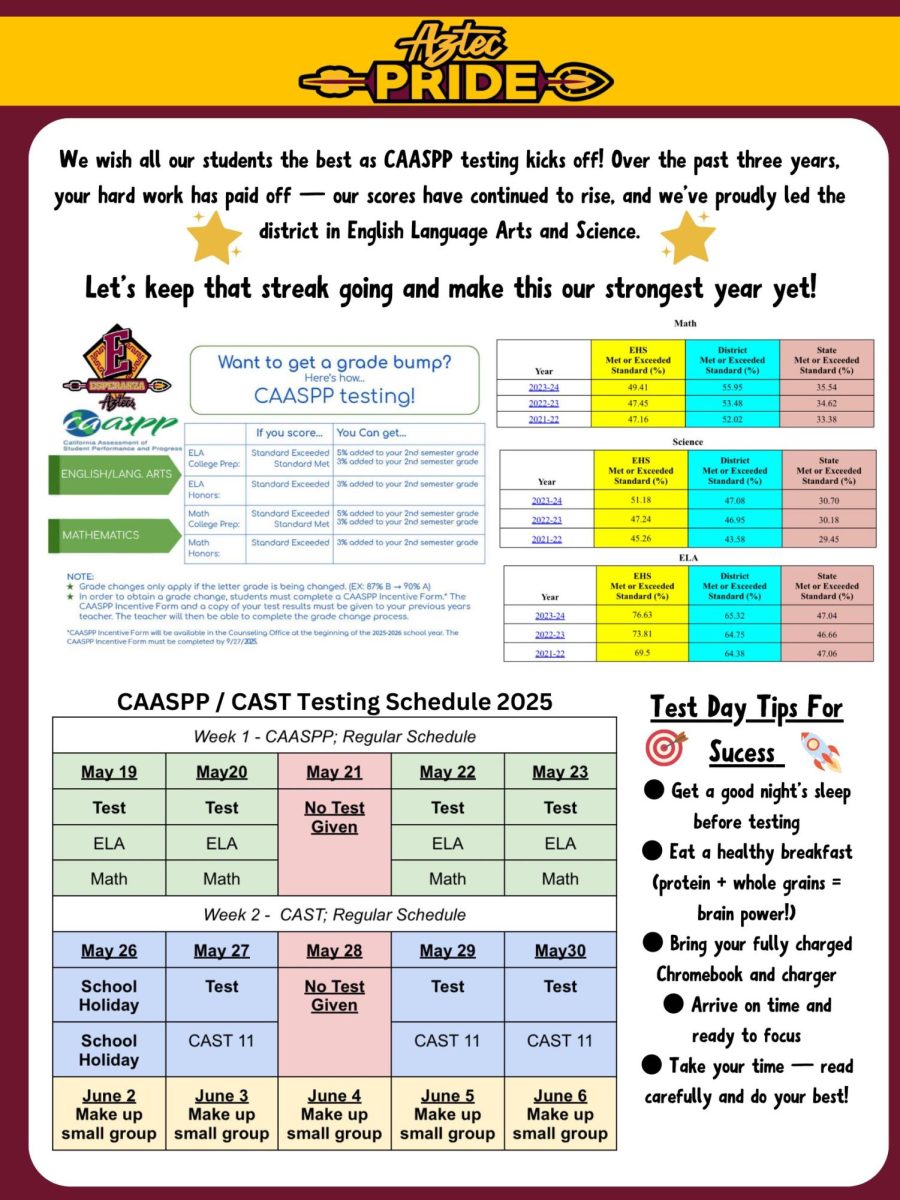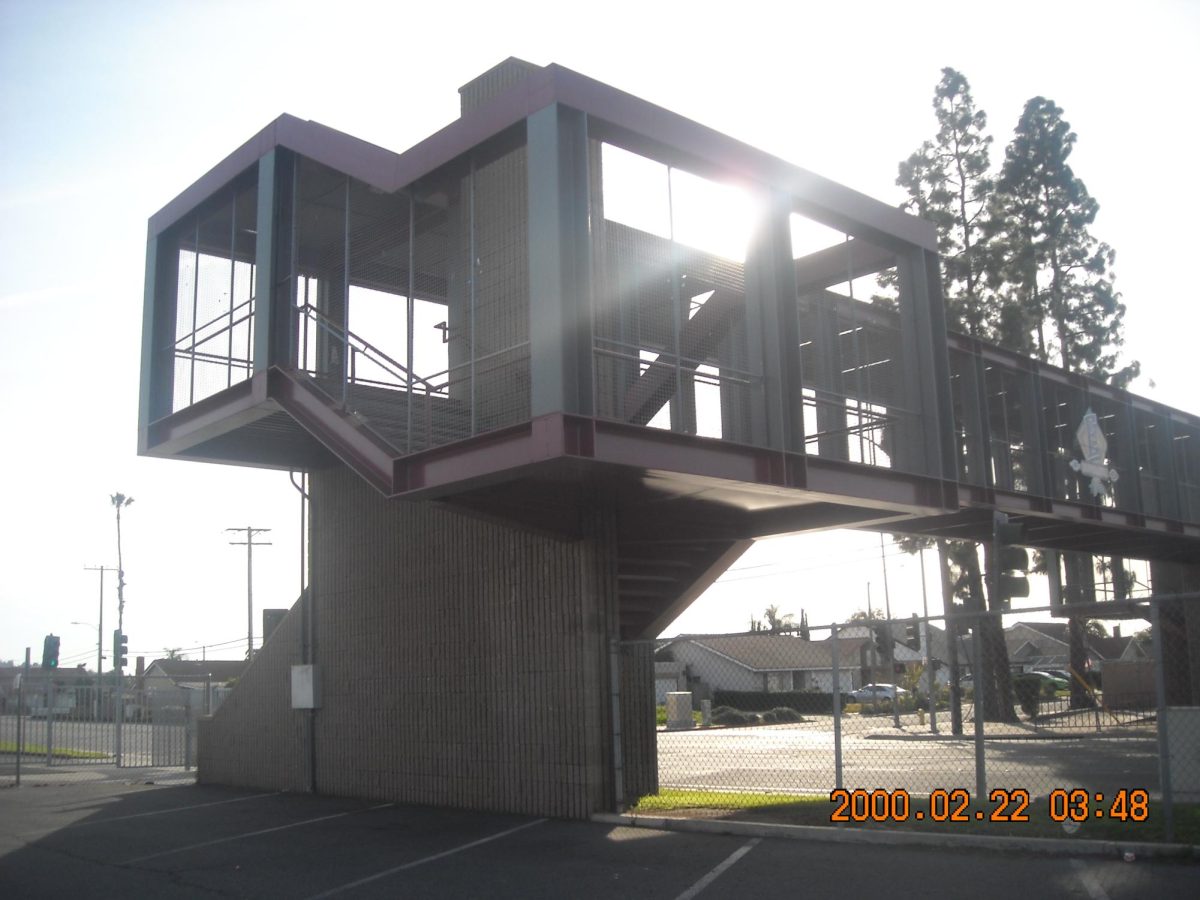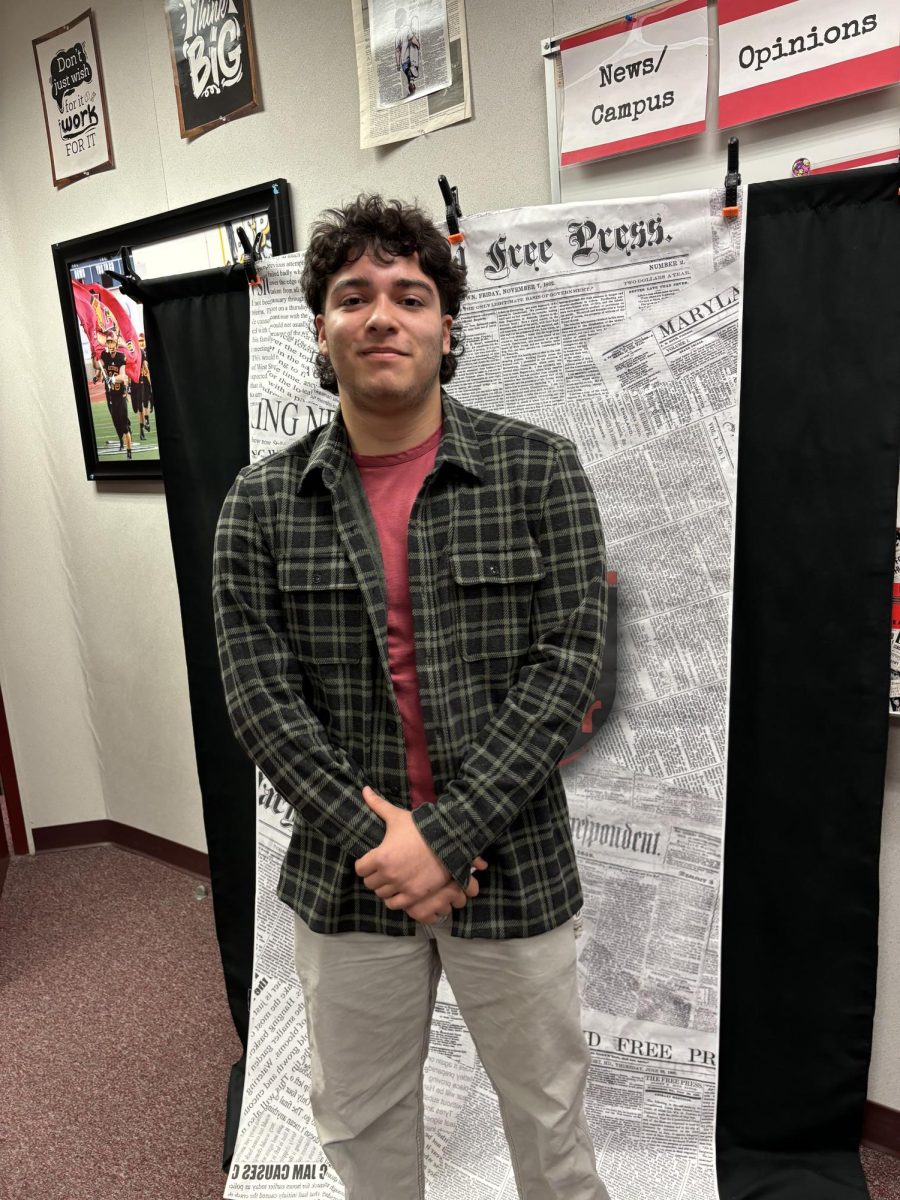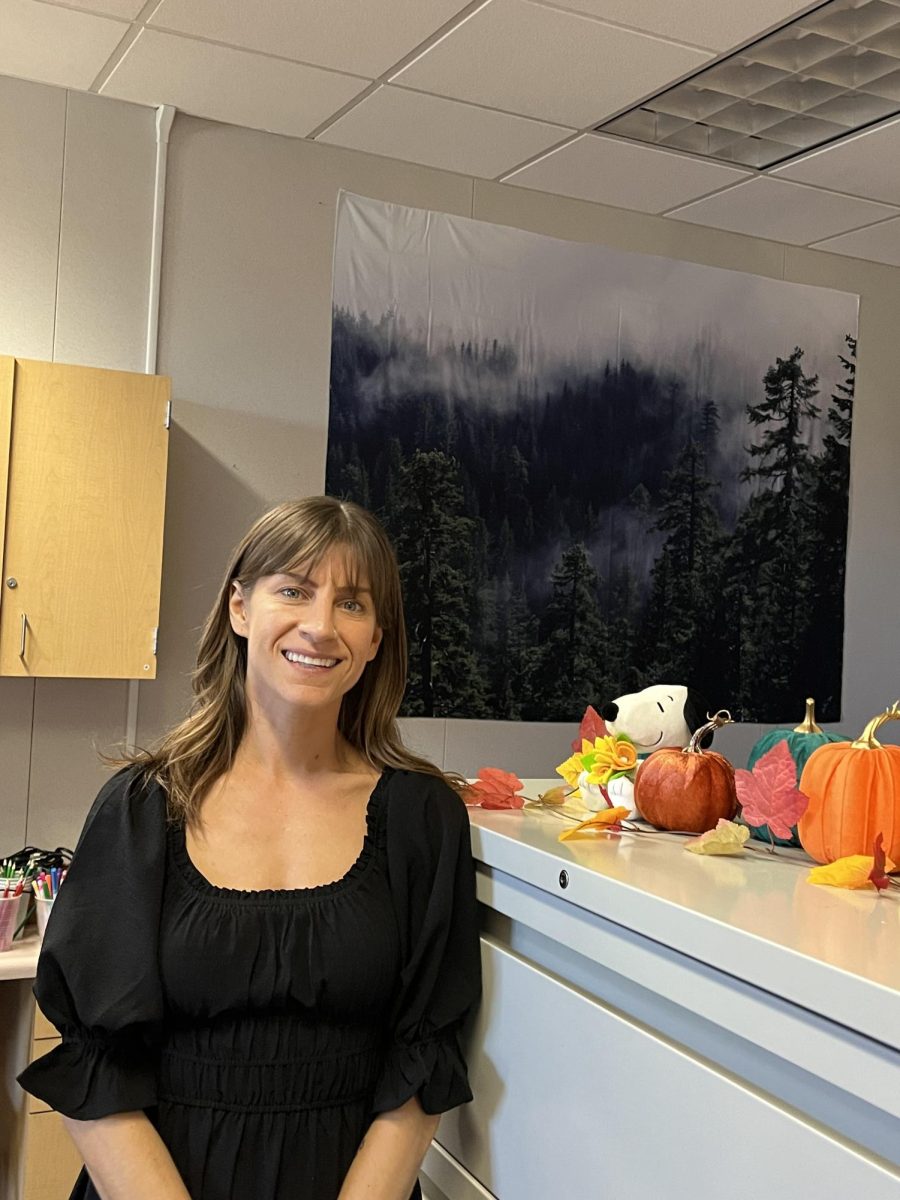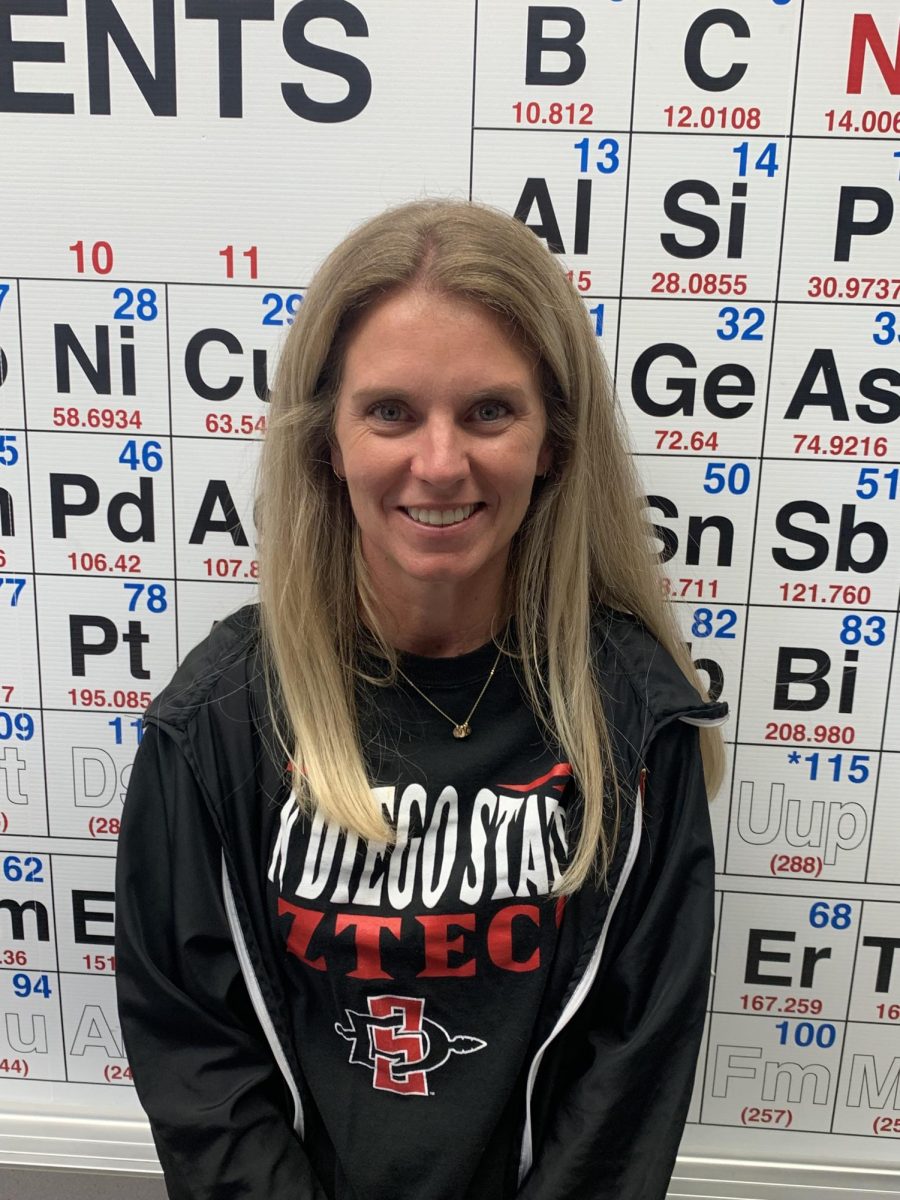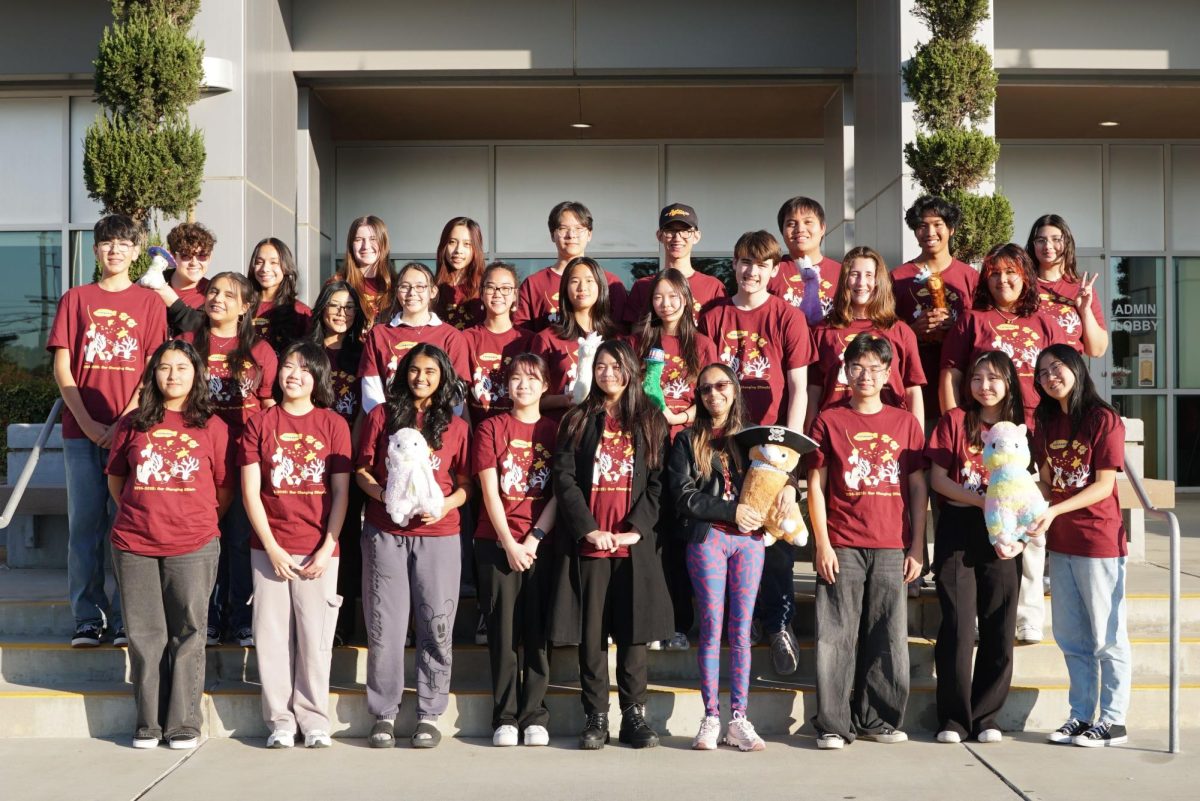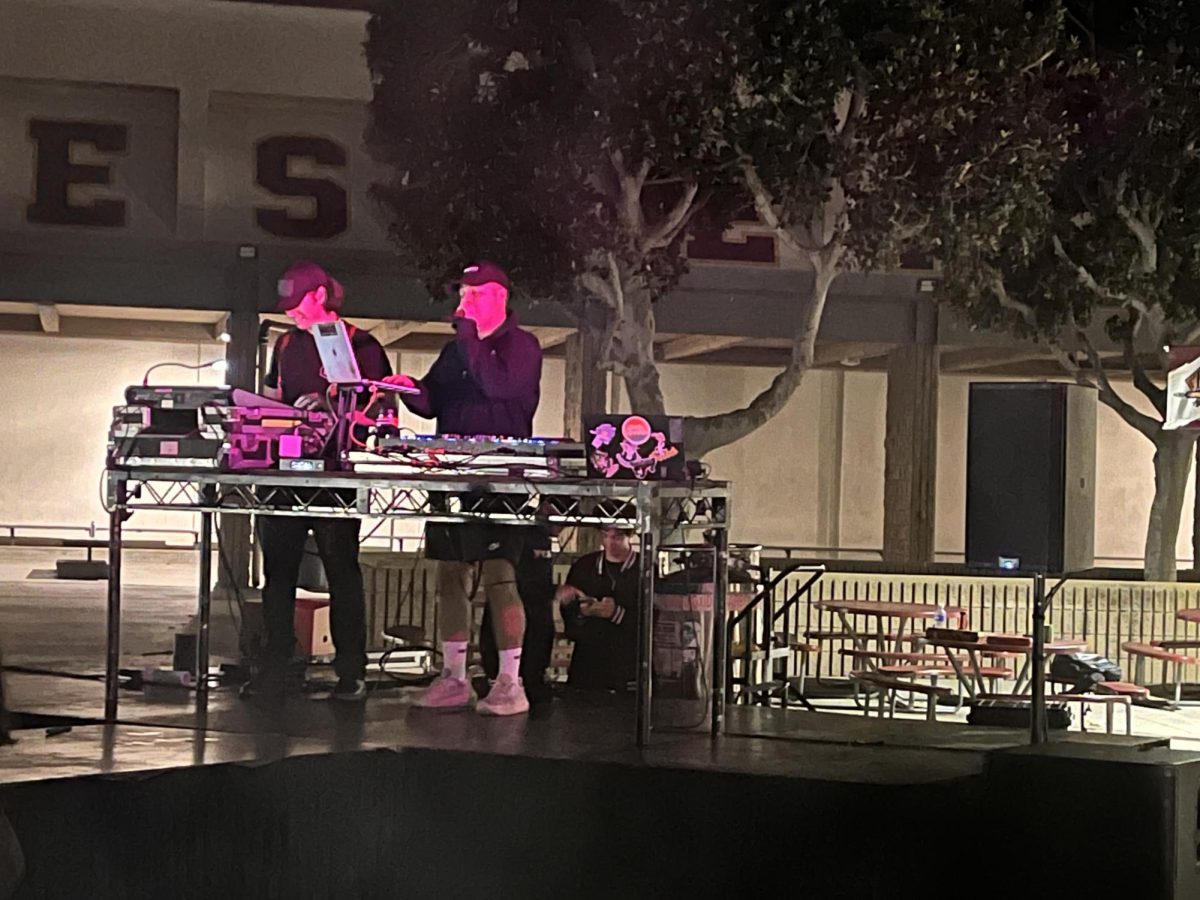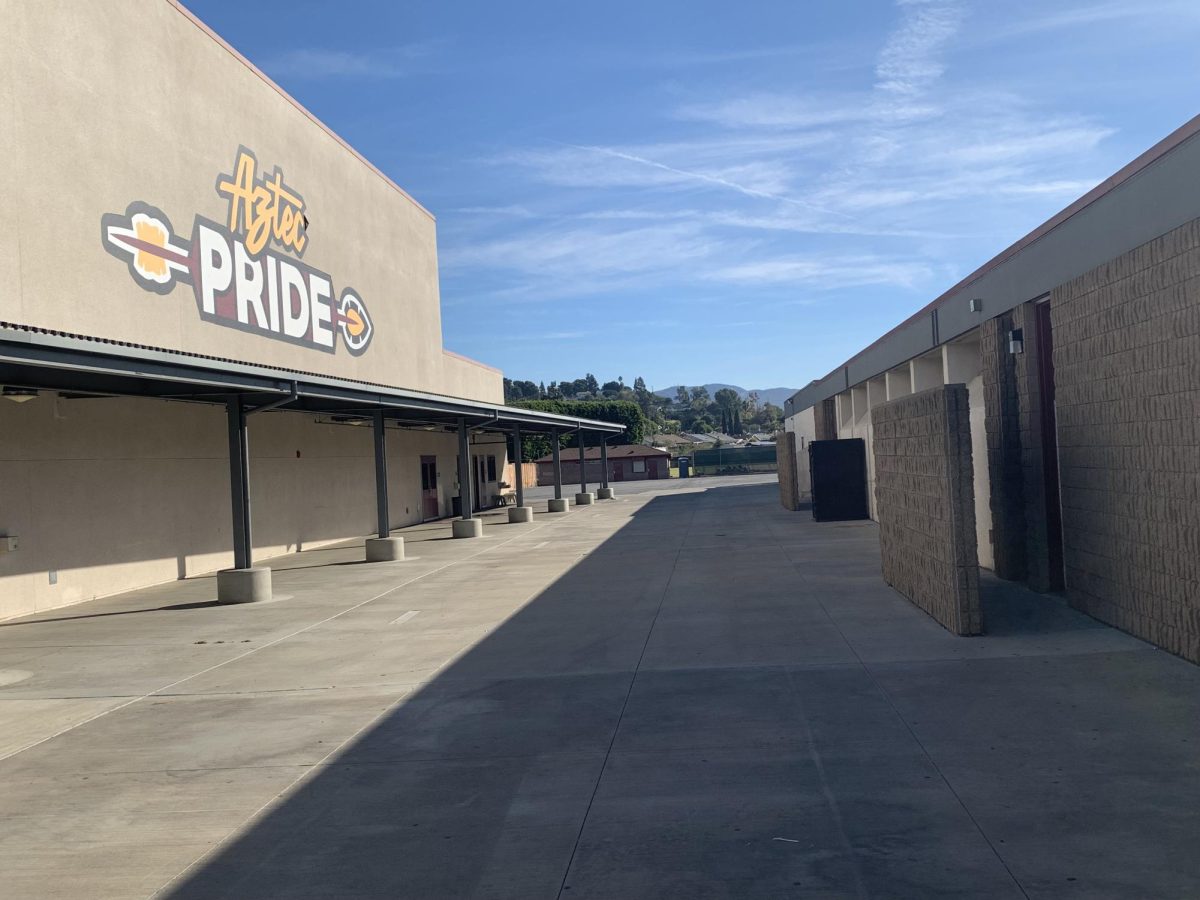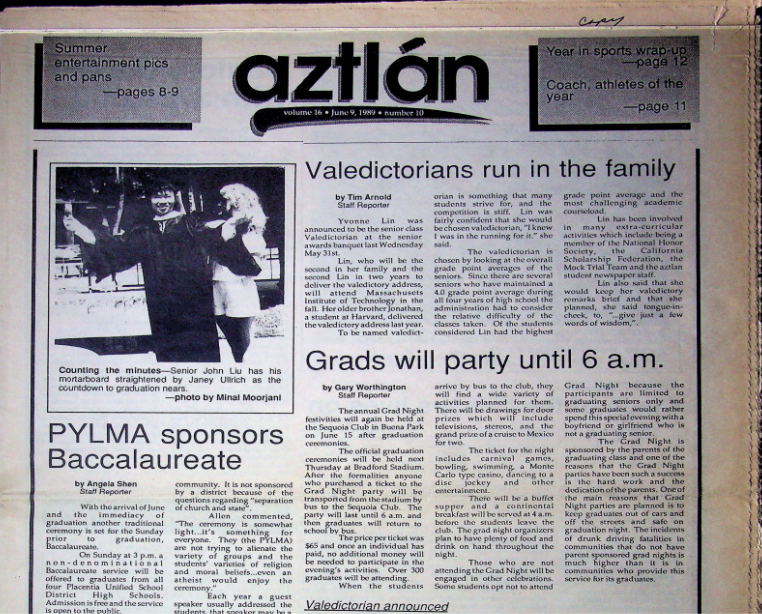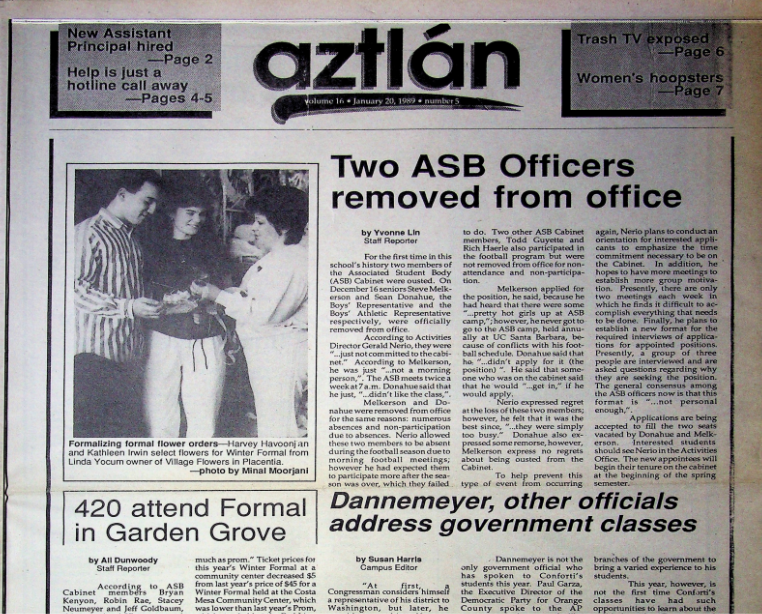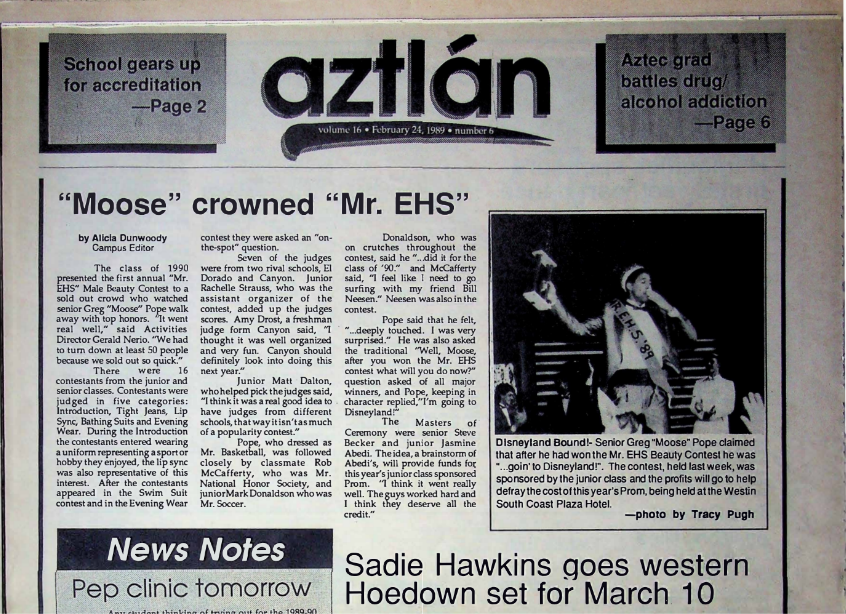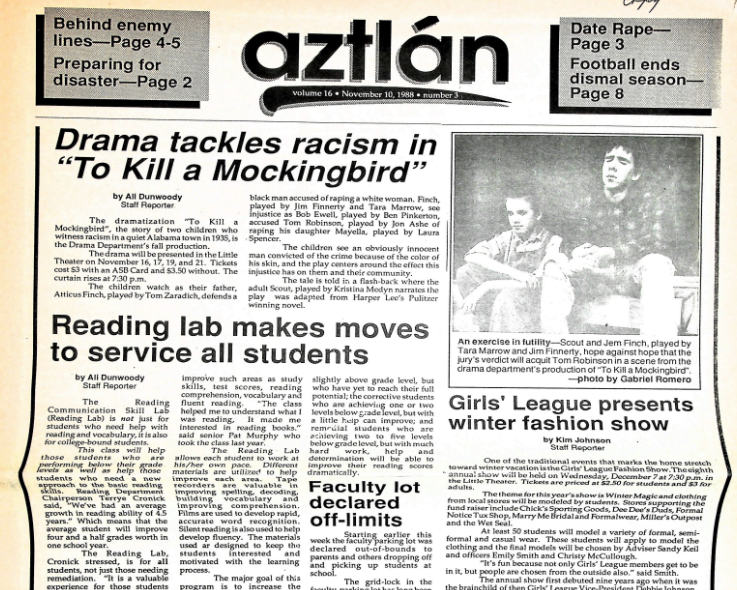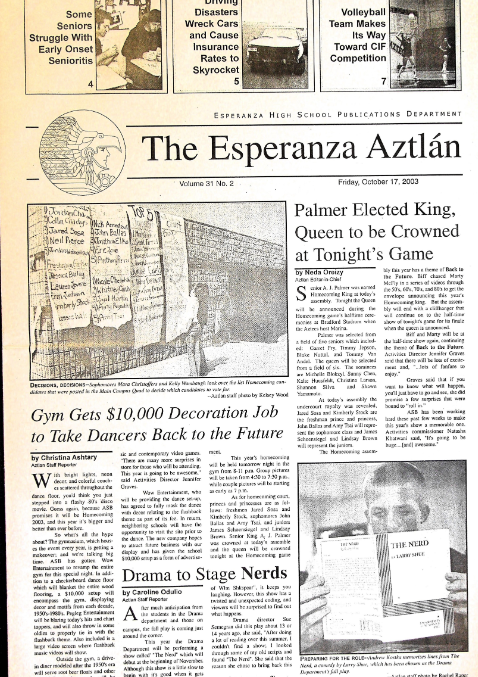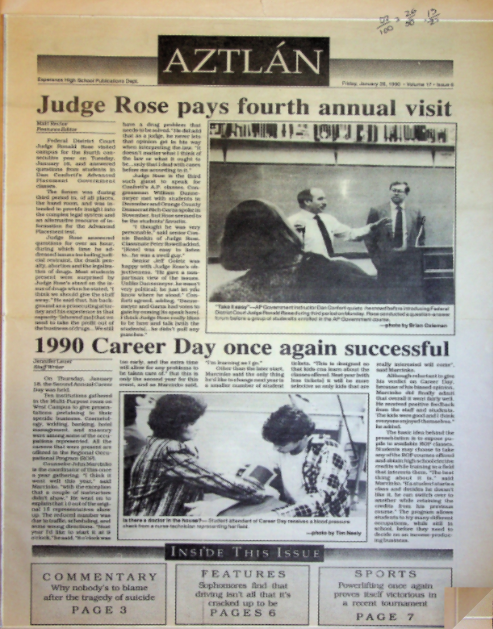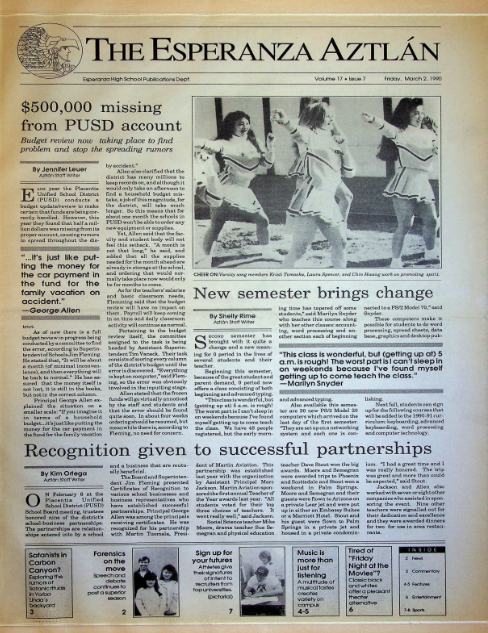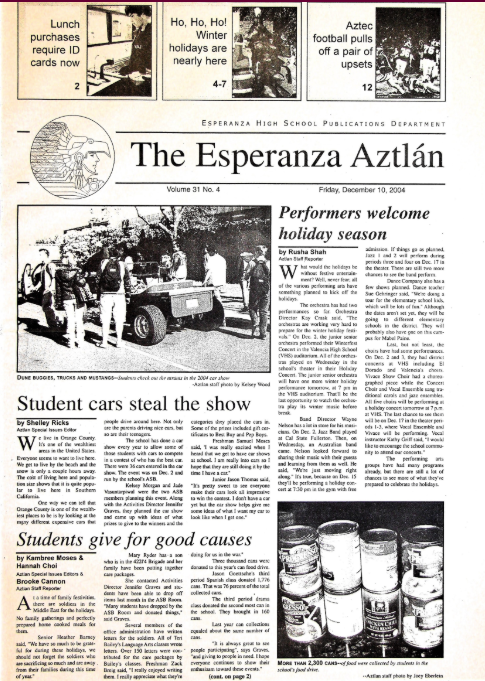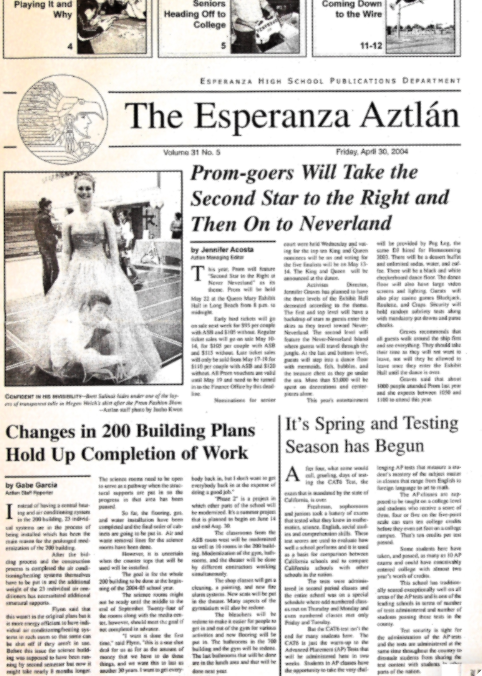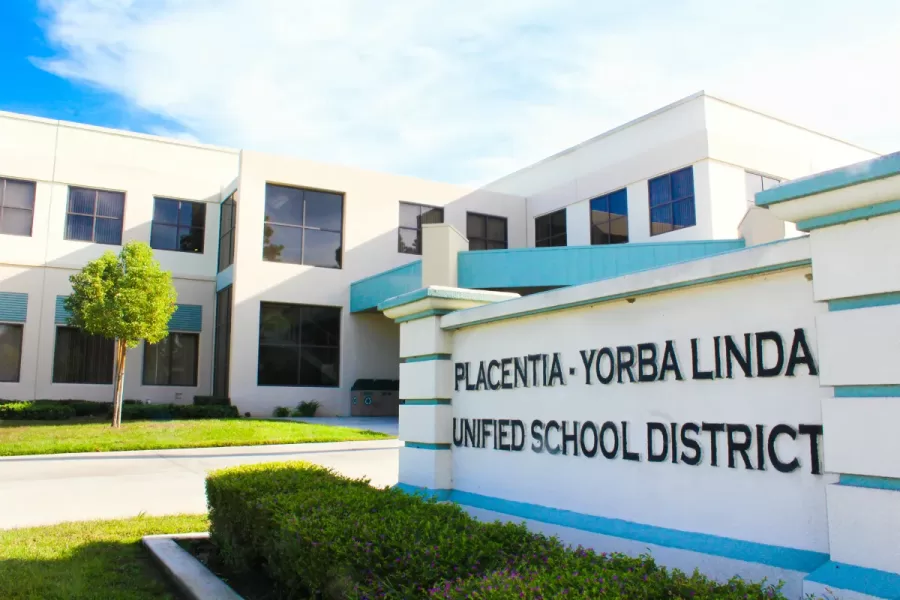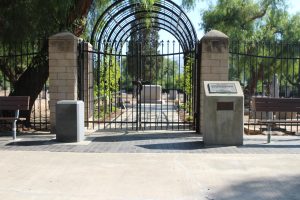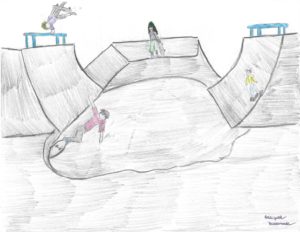In Support of an Earlier School Year
May 8, 2023
The concept of an “ideal world” is an evasive one. How can “ideal” be socially defined when everyone has their own distinct view of what perfection means to them? As hard as we may try, this ideal world will likely never be reached. But you know what change might bring us pretty darn close? Why, PYLUSD’s proposed plan for a new district calendar, of course!
When compared to our local counterparts (i.e. Orange Unified), the PYLUSD school year has been, quite literally, lagging behind. As other districts reform their years to begin in mid or early August and end in late May, Placentia Yorba Linda seems to insist on maintaining an outdated schedule in apparent avoidance of widespread change. Despite pushback, these school year changes have been a long time coming, chock-full of hidden benefits which aren’t immediately visible upon first glance.
Take, for example, OUSD’s three-week-long winter break. Missing out on this glorious opportunity has always been a point of jealousy between myself and my Orange-based familiars. With our current school year configuration, adding an extra week to winter break seems absurdist. PYLUSD’s later start means finals take place after the new year has already come and gone. Too long a break in schooling would only increase the copious amount of shell-shocked teens which wander the halls of the 200 building come late January. However, the earlier school year enjoyed by students at Canyon, Villa Park, Orange, and El Modena means finals take place immediately before winter break. When the semester has already come to a close and there is no fear of learning loss before a week of non-stop testing, why not afford them almost a full month of rest?
Now there’s no guarantee a new schedule would be accompanied by a longer winter break, but there is a guarantee that it would further the success of Advanced Placement (AP) students. AP kids are often the pride of any established high school as exam scores and enrollment levels are touted as signs of academic excellence for an institution. So why then does our schedule directly harm these scholars? Starting school in late August and ending in June creates an entire month of meaningless class time for AP classes. As AP tests, the events which these courses culminate in, take place during the first 2 weeks of May, the rest of May & June become unproductive periods of movie-watching and projects meant to fill government-mandated class time. Though the idleness sounds excellent in theory, it’s really nothing more than a waste. If we were to start school in early or middle August, this useless time could be replaced with more instructional and prep time at the beginning of the year for our district’s most academically hard working bunch.
However, the majority of high school students will never take an AP class or exam. So what’s their stake in the matter? Well, as districts modify their schedule, the schedules of almost all high school activities adapt in turn. Many summer programs, volunteer work, camps, etc. have begun to start earlier in the break in favor of the schedule which has become the new norm. Not only that, but sporting seasons now begin earlier than ever, all a part of the same domino effect. As admirable as “individuality” may be, PYLUSD’s refusal to follow the crowd in this matter will end up working to the detriment of its students. As the world around us changes, we must change with it to keep up.
But despite these points, we may never (at least not in the near future) see this new schedule come to fruition. PYLUSD is a district dominated by elementary and middle schools, establishments which would miss out on the immediate positive effects of a schedule change. As a result, many of these primary school teachers are resistant to adjustment. After all, what’s in it for them? Not to mention the year of shortened summer which would be necessary to make the modification. Though this is definitely a nuisance, it is a price well worth its reward. High school is the apex of a child’s schooling career. Making an investment in our future high schoolers is far more valuable than the week of summer we may lose.
Though an earlier summer is not an incredibly necessary change at present, it is one which will only become more so as time progresses. Perhaps PYLUSD should take initiative and adapt with the times before too many students lose out on opportunities granted to others. Just because we are a district formed in 1878 does not mean we must function as one.


